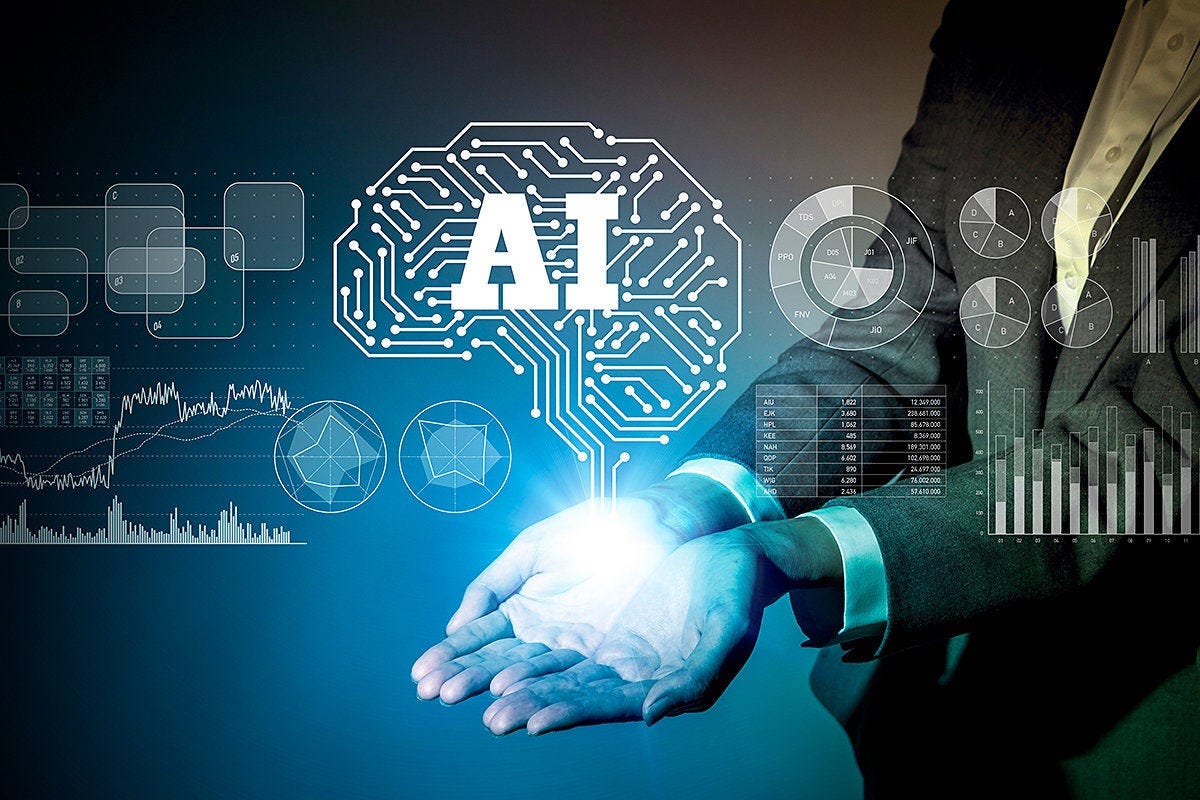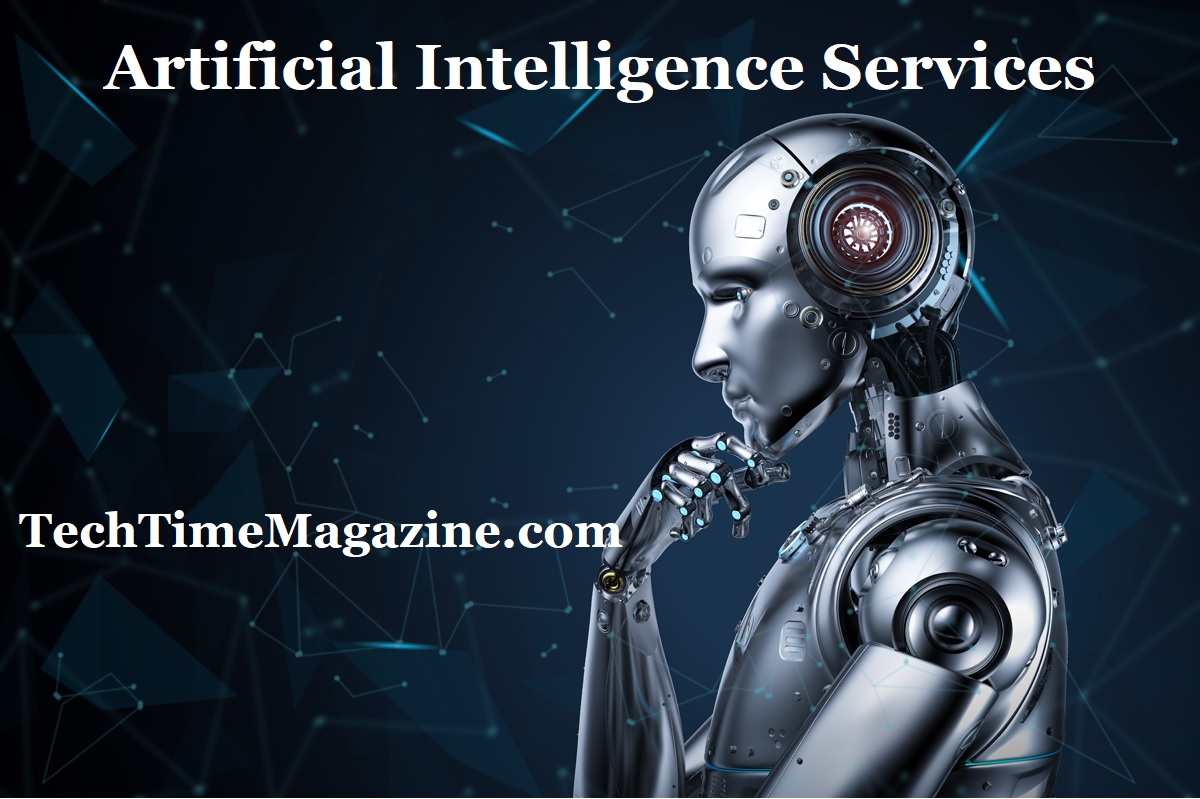Artificial Intelligence (AI) has emerged as a game-changer in the healthcare industry, revolutionizing patient care, medical research, and administrative processes. With the ability to analyze vast amounts of data and make data-driven decisions, AI is transforming the future of medicine.
Artificial Intelligence Services
In this blog, Techtimemagazine will explore the significance of Artificial Intelligence services in healthcare and the transformative impact of AI applications on patient outcomes and healthcare delivery.
Understanding AI Services in Healthcare:
Tailored AI Solutions: AI in healthcare offers tailored solutions that cater to the specific needs and challenges of medical institutions and professionals.
Expertise in AI Technologies: These services are provided by AI experts and data scientists who have in-depth knowledge of AI technologies such as machine learning, natural language processing, and computer vision.
Integration with Healthcare Systems: AI services seamlessly integrate with existing healthcare systems, enabling a smooth transition to AI-driven processes and applications.
AI Applications in Diagnostics and Imaging:
Medical Image Analysis: AI algorithms analyze medical images, such as X-rays and MRIs, to assist radiologists in detecting abnormalities and diagnosing diseases accurately.
Pathology and Histology: AI-powered pathology systems analyze tissue samples to identify cancer cells and other anomalies, aiding pathologists in early disease detection.
Disease Risk Prediction: AI models assess patient data to predict the risk of developing specific diseases, enabling preventive measures and personalized treatments.
AI-powered Drug Discovery and Development:
Accelerated Drug Discovery: AI applications analyze vast datasets to identify potential drug candidates and their interactions, expediting the drug discovery process and reducing research costs.
Precision Medicine: AI algorithms analyze patient data to identify individuals who will respond best to specific medications, promoting precision medicine approaches.
Enhancing Patient Care and Treatment:
Personalized Treatment Plans: AI-driven algorithms analyze patient data, including medical history and genetics, to create personalized treatment plans that optimize patient outcomes.
Remote Patient Monitoring: AI-powered remote monitoring systems continuously collect and analyze patient data, enabling timely interventions and reducing hospital readmissions.
Virtual Health Assistants: AI-driven virtual assistants provide patients with personalized medical advice, treatment reminders, and support, enhancing patient engagement and self-management.
AI Applications in Administrative Tasks:
Billing and Coding: AI services automate billing and coding processes, reducing administrative burdens and minimizing billing errors.
Resource Allocation: AI algorithms optimize resource allocation, including staffing, equipment, and inventory, ensuring efficient healthcare operations.
Fraud Detection: AI-powered systems can identify fraudulent activities in healthcare claims, safeguarding against financial losses.

AI and Genomic Analysis:
Genomic Sequencing: AI applications analyze genomic data to identify genetic variations and associations with diseases, advancing research in genomics and personalized medicine.
Rare Disease Diagnosis: AI algorithms assist in diagnosing rare genetic disorders, leading to quicker and more accurate diagnoses for patients with challenging medical conditions.
AI-driven Predictive Analytics:
Patient Outcomes: AI-powered predictive models assess patient data to predict disease progression, treatment responses, and patient outcomes, facilitating proactive interventions.
Healthcare Resource Planning: AI-driven predictive analytics enable better planning for healthcare resources, including staff scheduling and equipment maintenance.
AI and Decision Support for Healthcare Professionals:
Clinical Decision Support Systems: AI-powered decision support systems offer evidence-based treatment recommendations, considering patient data and medical research.
Drug Interaction Alerts: AI applications alert healthcare professionals to potential drug interactions and adverse effects, enhancing patient safety.
Ethical Considerations in AI Healthcare Services:
Data Privacy and Security: AI services must prioritize patient data privacy and adhere to strict security measures to protect sensitive medical information.
Bias Mitigation: AI algorithms should be designed to mitigate biases and ensure fair and equitable healthcare decisions across diverse patient populations.
Conclusion:
Artificial Intelligence services are revolutionizing the healthcare industry, empowering medical professionals with data-driven insights, accelerating drug discovery, and improving patient outcomes. AI applications in diagnostics, drug development, and personalized medicine are transforming the future of medicine, leading to more precise and effective treatments. With AI-driven administrative processes and predictive analytics, healthcare institutions can optimize resource allocation and enhance patient care.
As AI technology continues to advance, healthcare professionals must navigate ethical considerations to ensure patient data privacy and mitigate biases in AI algorithms. Embracing AI services in healthcare represents a paradigm shift in medical practices, and it holds the potential to significantly improve healthcare delivery, revolutionize medical research, and ultimately save lives. By harnessing the power of AI in healthcare, we can create a future where medical decisions are data-driven, treatments are personalized, and patient care is optimized for better health outcomes worldwide.

